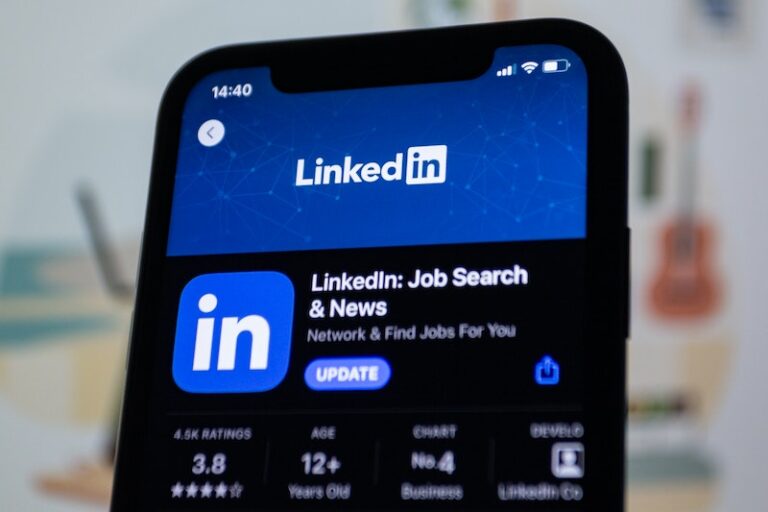Don’t Fall Prey To Scam Phone Calls
Scam Phone Calls
There are millions of scam phone calls each year. The FTC reported there were 3.2 million complaints submitted to their ReportFraud.ftc.gov site in 2019.
The number one fraud reported was “imposter scams”. This is where a scammer pretends to be someone you trust to convince you to send them money.
The reported loss from these complaints were more than $667 million. And the number one way they lost money was by paying scammers with a gift card.
Below are some of the top scam types being used on us.
Social Security Scams
This is probably the most common scams that people get. You get a call from the Social Security Administration where they threaten you, such as arrest, loss of benefits, or suspension of your Social Security number if you do not provide payment or personal information.
IRS Scams
Very similar to the Social Security scam, you get a call from someone who claims theirs from the IRS. They will use fake names and IRS identification numbers. They usually will know some details about you, like your name and address, and they usually alter the caller ID to make it look like the IRS is calling. Victims are told they owe money to the IRS and it must be paid promptly through a gift card or wire transfer.
Tech Support Scams
Tech support scammers use various tactics to trick people. The two most common are through phone calls and with pop-up warnings.
by Phone
You’ll get a random call from some well-known company, like Microsoft. They will tell you that they found a problem with your computer. They will try to gain remote access to your computer and pretend to run a diagnostic test. Then they try to make you pay them for their services or tell you that you need to pay them to fix the issues.
by Pop-Up warning
You may get a pop-up message on your computer that looks like it is coming from your operating system or antivirus software. The message will tell you that you have some type of security issue and has a phone number for you to call to get help.
Amazon Scams
You get a call from someone claiming to be from “Amazon Prime Security” and saying your Amazon account has been compromised, and a series of payments have been made from your account. If you fall for it, they then instruct you to download and install a remote access software, so they can help you resolve it. They will proceed to try to get into your bank online account, where they will try to take your money.
Streaming Service Scams
In this con, the criminal pretends to be from Netflix or another popular streaming service and askes you to update your payment information to avoid a service interruption.
Other Scams
- Roku Activation Charge Scam – Roku does not charge anything to activate its service. Roku does not charge for customer support. During the activation process, they will never ask for a credit card number or for any personally identifiable information. Nor will they ever access a user’s computer.
- Grandchild Imposter Scam – The victim is called where con artist poses as a grandchild who has fallen into a desperate situation where they need money.
- Lottery Winner Scam – Where you receive a call about winning a lottery that you never entered.
- Debt Collector Scam – Where the con artist pretends to represent a collection agency. They say you owe them money on a debt then offer a large discount if you pay immediately.
Please do not fall prey to Scams
- Do not answer calls if you don’t recognize the number. If it’s important, they will call back.
- Hang up if you think something is suspicious or feel it might be a scam
- If you think you may have been scammed:
- Call your bank and explain what happened
- Report it to the FTC ReportFraud.ftc.gov
- Tell family, friends, co-workers about it. Don’t be ashamed to let others know about it. We need to bring awareness to everyone.



